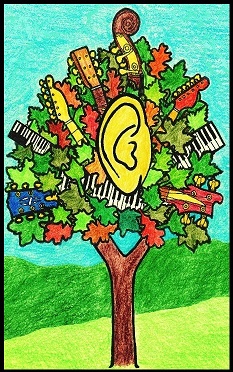 Years ago, classical music commentator Dr Karl Haas devoted an episode of his syndicated radio program, Adventures in Good Music, to the subject of mistakes, and how performers react to them. Dr Haas played the recorded mistakes of several well-known world-class performers, most on piano and violin. Vladimir Horowitz, for instance, was well-represented.
Years ago, classical music commentator Dr Karl Haas devoted an episode of his syndicated radio program, Adventures in Good Music, to the subject of mistakes, and how performers react to them. Dr Haas played the recorded mistakes of several well-known world-class performers, most on piano and violin. Vladimir Horowitz, for instance, was well-represented.
As Dr Haas described it, when you make a mistake during a performance, you basically have three choices. You can stop and pick up from an earlier place in the piece, or you can skip ahead to a new section, or you can improvise your way back into the piece any way you can. There is no rule of thumb for which choice is best. Every situation is unique. Dr Haas concluded that it is usually impossible to plan in advance how you will react to mistakes. You just have to try to be ready to react to any situation that arises.
Alpin Hong is a concert pianist who gave a TEDx talk at La Sierra University in 2015 entitled Transform Yourself Into a Performer. He offers advice to anyone who has to speak before an audience, based on his experience as a performer. Part of his presentation is about what to do when you make a mistake.
Of course, the first line of defense against mistakes is practice, practice, practice. Even then, mistakes as a result of memory lapses are sometimes unavoidable. Hong says, “The performance skill that can help you deal with these inevitable moments of uncertainty is improvisation. Now I’m not talking about abandoning ship, and completely winging it. What I’m talking about is understanding the framework of your presentation, so that if a problem arises, you can continue and find your way back on-track. In music, this involves understanding the structure of your piece so that you can, if necessary, skip to a particular section and continue.”
This is a confirmation by a top-flight classical musician of the importance of thinking in terms of the concepts or “framework” behind music, in addition to learning reading and technique.
© 2019, 2020 Greg Varhaug